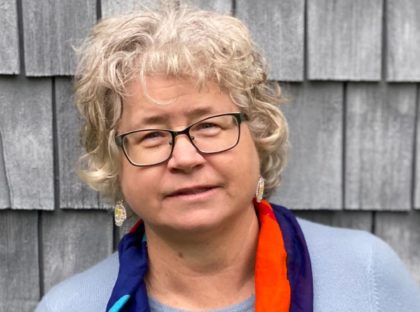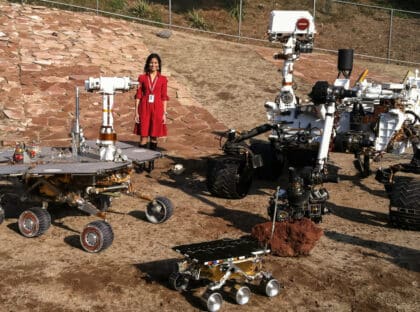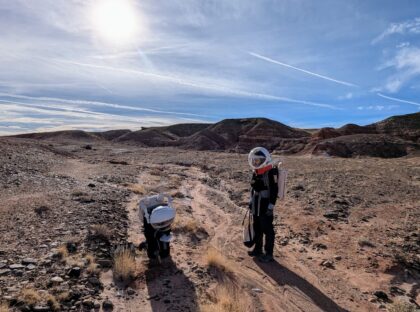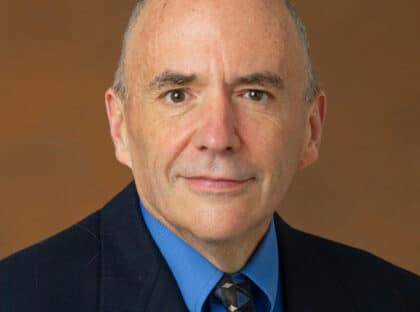
Dr. Shannon Rupert, long-time Director of the Mars Society’s Mars Desert Research Station (MDRS) in Utah, will give a virtual address entitled “Once a Martian, Always a Martian: Demographics and Stories of the People who have Crewed MDRS” during the 23rd Annual International Mars Society Convention, scheduled for October 15-18. She will be sharing an analysis of the demographics of the researchers who have served as crew at the station over the last twenty years and providing some stories about the individuals who have come to the MDRS campus.
An ecologist and a pioneer in analog mission studies and field exploration, Dr. Rupert leads MDRS, the most extensive and longest-running Mars simulation program in the world. Under her training and guidance, crews made up of geologists, engineers, physicians, astrobiologists, human factor researchers and others use the facility’s unique Mars analog environment to carry out important multidisciplinary research that will help prepare humans for the exploration of the Red Planet.
Formerly a professor of biology, Dr. Rupert’s own research interests include Martian agroecology, patterns of microbial distribution in planetary analogs and the communication and collaboration between remote teams of field scientists. She has also collaborated on many other scientific investigations and education initiatives, including serving as principal investigator for the Mars Society’s four-month mission in the arctic and the Mars 160, a mission looking at science return at both MDRS and FMARS.
Dr. Rupert also served as geology lead for the NASA Ames Mobile Agents project and as a researcher for NASA Spaceward Bound in Australia. She is currently the PI of the NASA Spaceward Bound Utah program, which brings K-12 teachers together at MDRS to explore ways to incorporate Mars into the classroom, and serves as the Mars Society’s trustee for the Utah NASA Space Grant Consortium.
In addition, Dr. Rupert serves as co-founder and lead faculty for the newly established Mars University Summer Program, field biologist for the Mars Society’s Martian biology program and dedicated worker bee in developing Mars-Oz (Australia).
This year’s global Mars Society conference will be free of charge (although donations are welcome). For full registration details, please click here. Regular updates, including a list of confirmed speakers, are posted on the Mars Society web site and its social media platforms.


